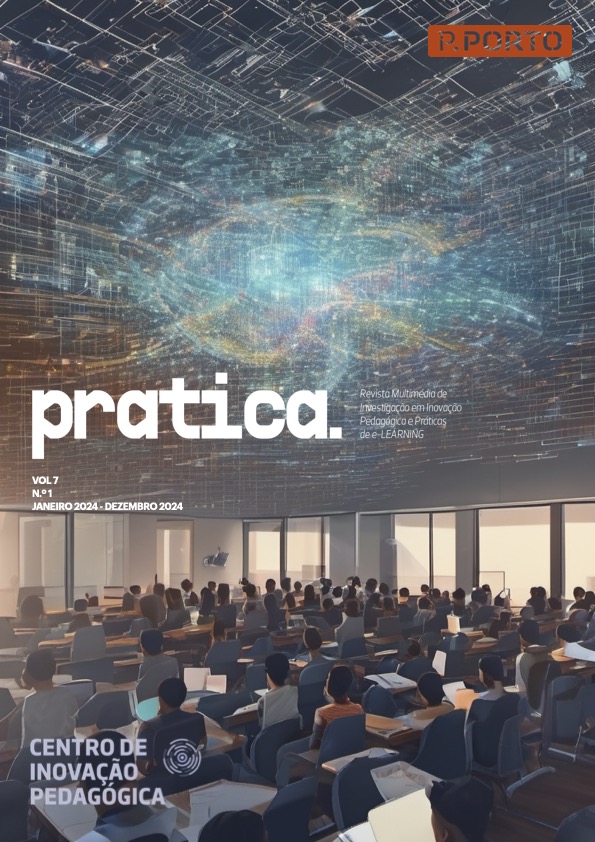STUDENTS' PERCEPTIONS OF THE USE OF ARTIFICIAL INTELLIGENCE IN TRANSLATION PRACTICES CLASSES
DOI:
https://doi.org/10.34630/pel.v7i2.5628Keywords:
translation practice, artificial intelligence, studentsAbstract
Based on the ongoing work we've been carrying out as teachers of the Translation Practices Curricular Unit, we recognise that this is a field undergoing rapid transformation (Pym, 2023) with the emergence and development of generative AI tools.
The role of the translator is being renewed as these tools develop and their use becomes more widespread. As such, we believe it is important to study this phenomenon and prepare our students for that same reality.
So, stemming from the question "What are the students' perspectives on the use of AI tools for translation practice in Eng/Pt and Pt/Ing?", we designed a case study, combining qualitative and quantitative elements of analysis, and set the main goal of understanding the students' perceptions of the use of AI tools in the discipline of translation practice. Our secondary aim was to adapt assessment practices and tools in this course in order to boost student learning and motivation through the use of AI tools.
The twenty-three participants in the study are third year students of the Degree in Languages and Cultures at the School of Education of the Polytechnic Institute of Porto. They are aged between 20 and 22 and are mostly native speakers of European Portuguese. There are also native speakers of the Brazilian variant of Portuguese. In terms of English language proficiency, these students are attending classes at the C2 level.
We were able to prove that students find it beneficial to use these tools and are able to identify their limitations, complementing them with their revision and manual correction work. We have also proved that this type of practice and assessment task presents a motivating and meaningful challenge for our students, so we consider that we have met our objectives for this study and we hope that it will also serve as a starting point for further research and future reflection on the topic.
Downloads
Published
How to Cite
Issue
Section
License
Copyright (c) 2024 Authors

This work is licensed under a Creative Commons Attribution-NonCommercial-ShareAlike 4.0 International License.




